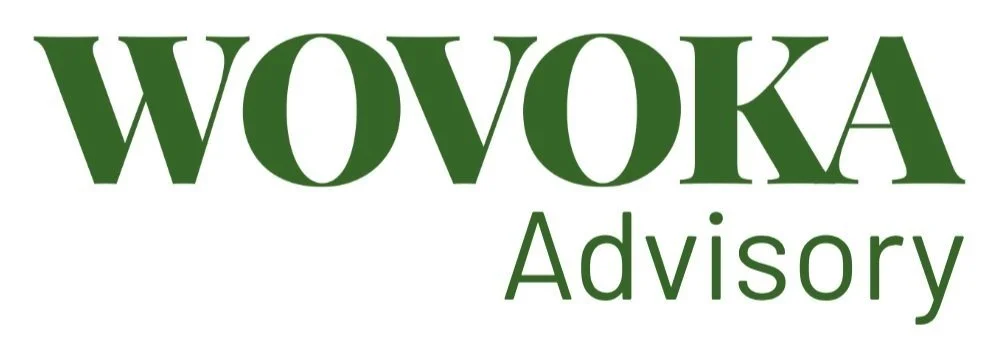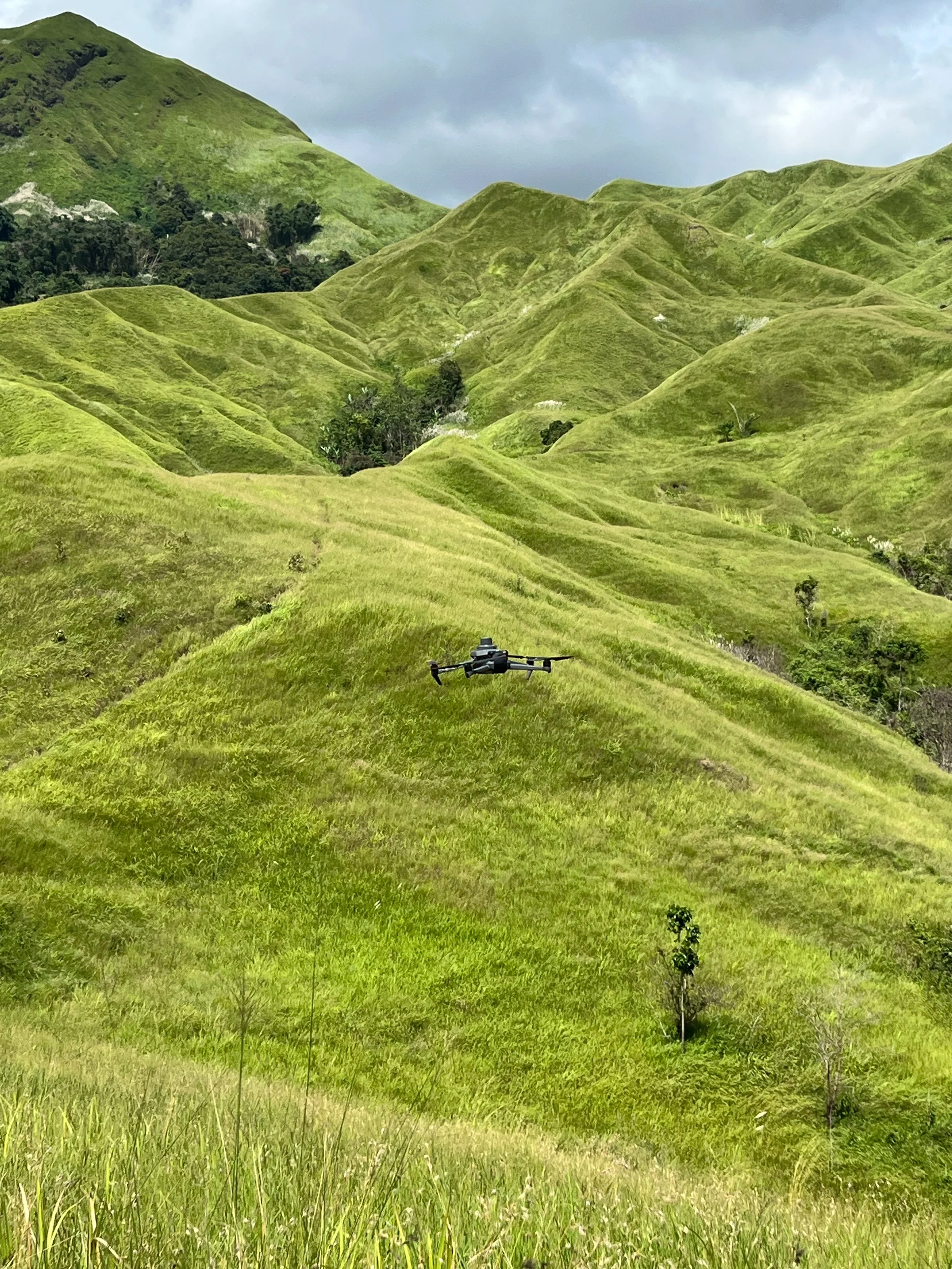
Real impact, built with science and trust.
Explore how we’ve supported our clients in turning ambition into measurable outcomes — and how we can do the same for you.
Take a look at how our services created an impact across different land types
High-Resolution Drone Survey for Restoration Planning in the Philippines
Our Approach
Wovoka Advisory conducted a multi-site drone survey using high-resolution multispectral imaging. We processed the data to produce:
Vegetation health indices (e.g., NDVI)
Land cover and land use classification
Hydrological and topographic overlays
Coastal-to-upland zone delineation
The outputs were used to identify restorable areas, plan nursery expansion, and support long-term restoration strategy development.
Measurable Impact
The project generated a site-specific spatial dataset that now informs large-scale planning across mangrove, agroforestry, and terrestrial systems. It enables data-driven decision-making and serves as a technical foundation for future MRV protocols, feasibility assessments, and carbon and biodiversity credit initiatives.
Client Needs
Multiple upland and coastal sites in the Philippines required accurate, high-resolution spatial data to guide restoration planning. The goal was to determine which areas were suitable for mangrove, agroforestry, or terrestrial restoration — and which zones should be protected or left undisturbed.
Mangrove Restoration Feasibility Study of Degraded Fishponds in the Philippines
Client Needs
A large-scale mangrove restoration initiative was being considered across approximately 1,200 hectares of abandoned fishponds. Before any planting could begin, there was a need to assess ecological suitability, avoid unintended environmental harm, and determine which areas were truly restorable.
Our Approach
Wovoka Advisory led a comprehensive feasibility assessment, integrating both field and desktop analyses. Our methodology included:
Historical land cover change analysis using satellite imagery
On-site hydrological assessments to determine tidal connectivity
Mangrove species identification and habitat matching
Soil and salinity screening
Delineation of restorable vs. non-restorable zones
We also engaged local stakeholders to ensure alignment with community land use history and current practices.
Measurable Impact
The assessment revealed that only 39 hectares were ecologically viable for restoration — helping to avoid potentially harmful or wasteful planting across unsuitable zones. This science-based delineation now informs restoration planning, carbon project design, and funding proposals for implementation. The study provides a replicable model for large-scale coastal restoration grounded in ecological integrity and spatial precision.
Biodiversity Baselining for Forest Restoration in the Philippines
Challenge
To strengthen the ecological credibility of a forest restoration project in a site in the Philippines, a biodiversity baseline was needed. The objective was to document existing species presence, identify potential indicators for future monitoring, and lay the groundwork for biodiversity co-benefit reporting and crediting.
Our Approach
Wovoka Advisory conducted an early-stage biodiversity baseline using a combination of field observations and sensor deployment. This included:
Tree species identification surveys to establish baseline flora
Deployment of camera traps and acoustic logger for opportunistic wildlife sampling
Identification of charismatic and indicator species relevant for monitoring
Mapping of sampling points aligned with restoration zones
All fieldwork was coordinated with local partners to ensure cultural and ecological relevance.
Measurable Impact
The assessment confirmed the presence of multiple notable tree species and documented wildlife activity across the site, including recordings and images of key species. These results now serve as reference data for biodiversity monitoring, support emerging biodiversity crediting methodologies, and demonstrate early ecological value of the restoration area to partners and funders.
Farm-to-Table Vanilla as a Pathway for Restoration and Revenue in Uganda
Challenge
RASD aimed to generate sustainable income for local farmers while restoring degraded land through agroforestry. They needed a model that could link their vanilla cultivation to ethical buyers who value climate and community impact.
Services Delivered
Wovoka Advisory sourced vanilla directly from RASD farmers and tested market interest in farm-to-table products that promote sustainability and restoration. This served as a low-risk pilot to explore demand for community-grown, regeneratively produced vanilla.
Measurable Outcome
The pilot generated early revenue for RASD and demonstrated the viability of linking agroforestry-based livelihoods to conscious consumer markets. The model offers a replicable approach to connect community restoration efforts with value chains that reward ecological and social outcomes.













